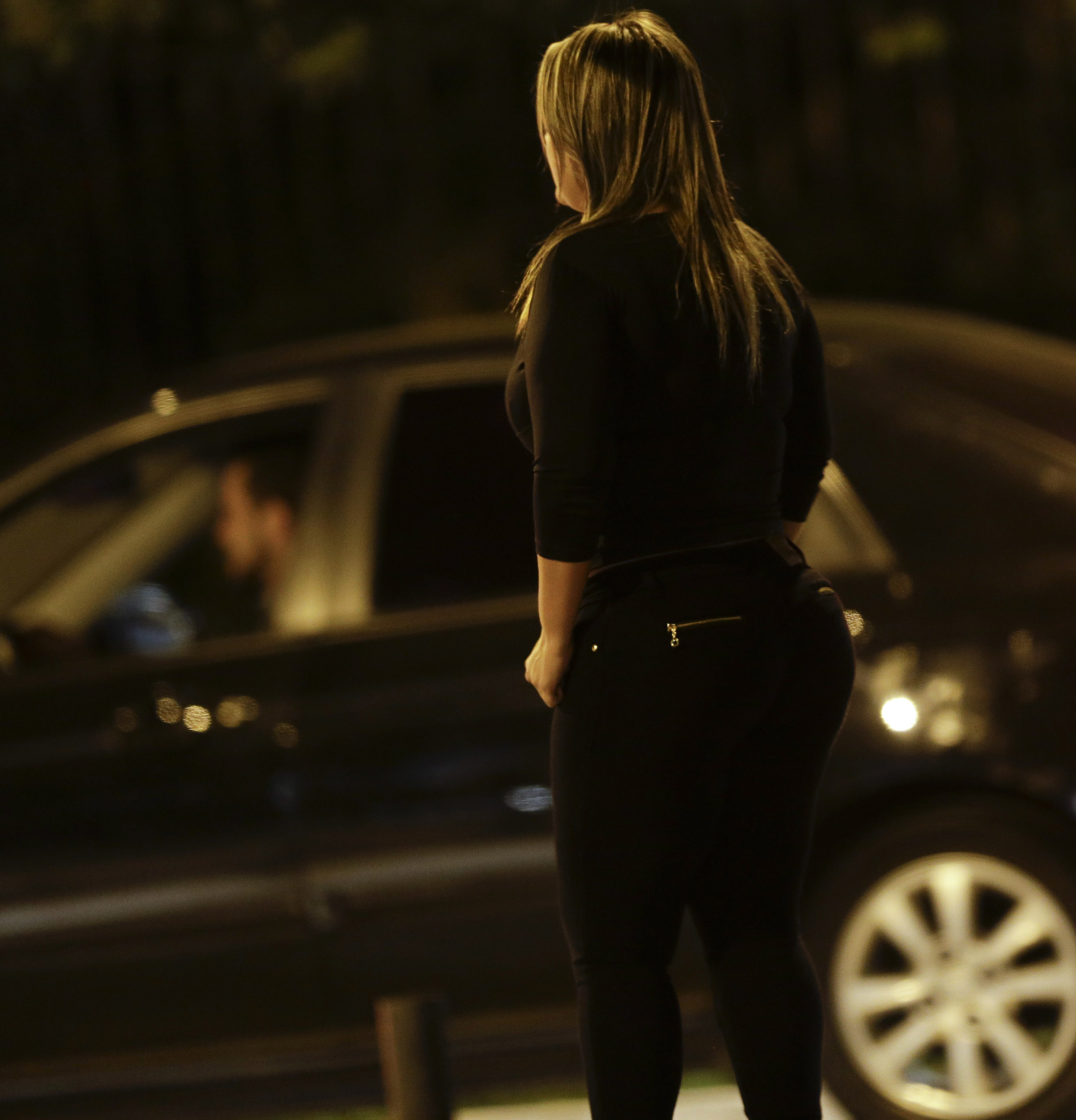
HIV infections rise in Brazil, thwarting long record of prevention efforts
While HIV infection rates have begun declining in many other places, cases have been slowly rising in Brazil — with the sharpest jump among youths 15 to 24. Activists and officials say young people are increasingly unaware of HIV risks, or are unconcerned about them. U.N. statistics show 44,000 new infections detected last year in Brazil, up from fewer than 40,000 in 2005 — a rate outpacing population growth. The national Health Ministry says overall numbers of HIV infections has reached nearly 800,000. That’s half of all the HIV cases in all of Latin America.
The numbers are going up. It’s a paradox, a shame. After all the money spent on treatment and implementing a policy for everyone to receive it, we have these disastrous results.
Dr. Caio Rosenthal, a Sao Paulo-based specialist at the Emilio Ribas Institute of Infectious Diseases
When the global AIDS epidemic erupted in the 1980s, officials here reacted quickly. Brazil carried out widespread sex-education campaigns and became the first developing nation to offer free antiretroviral treatment on a large scale. The pace of deaths fell and mother-to-child transmission was cut sharply. Officials say the persistent rise in cases could be partly the result of better systems for tracking the virus. Others blame religious opposition to sex-education campaigns, or say some youths mistakenly believe that progress in treating AIDS means it’s a problem of the past.
We need to start talking about how to bring back the issue to schools and convince evangelicals to join in so we are all more open about the problem.
Beto de Jesus, HIV/Aids activist

HIV/Aids Health